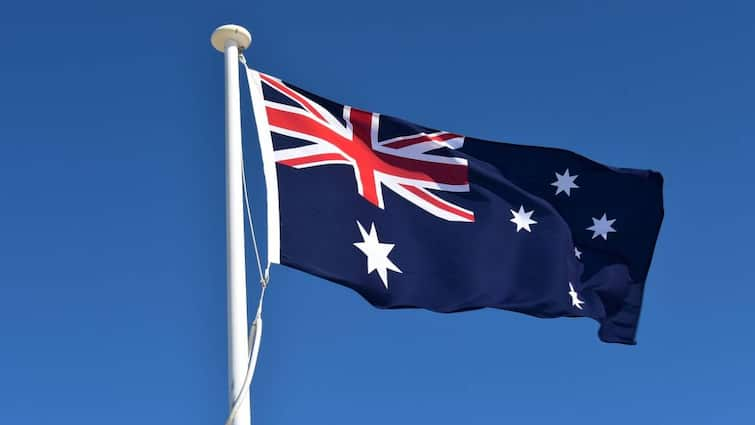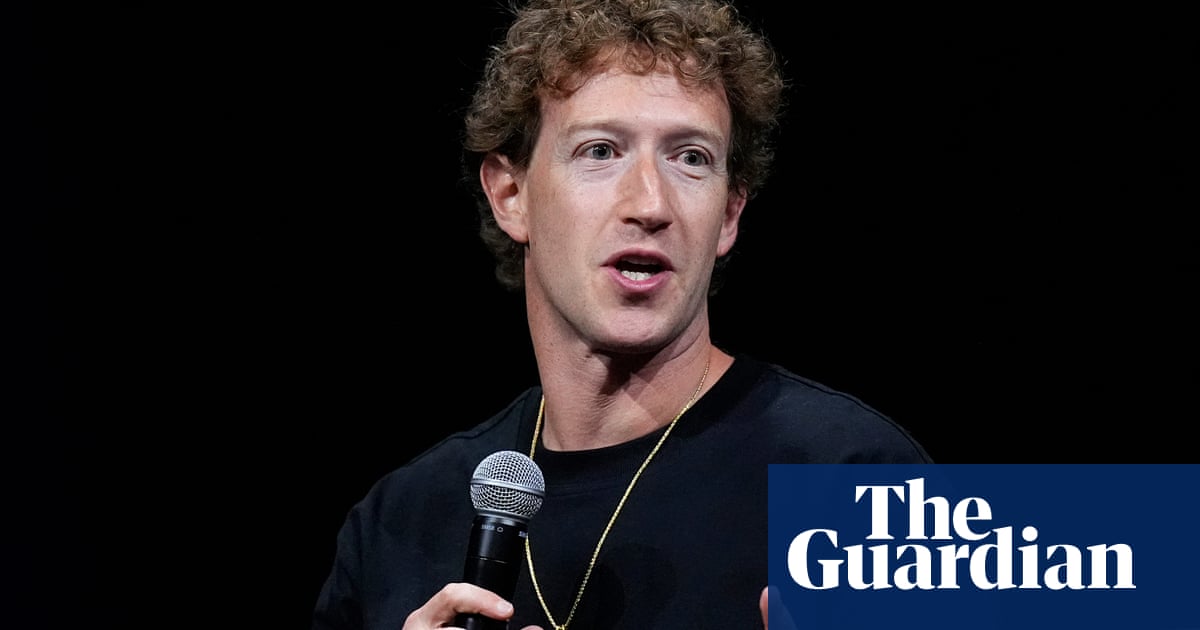Australian Govt Plans To Tax Digital Platforms Search Engines That Fail To Share News Revenue

- by Admin
- December 12, 2024

The Australian Government has announced plans to introduce a tax targeting major digital platforms and search engines that fail to share revenue with local news outlets, reported the Associated Press (AP). The move is reportedly part of a broader effort to ensure Australian journalism is adequately compensated in the digital economy.
When Will The Tax Come Into Effect?
The proposed tax, set to take effect on January 1, 2025, will apply to tech companies generating over AUD 250 million ($160 million) annually from their Australian operations.
Prominent firms such as Meta, Google, Alphabet, and ByteDance are expected to be affected. Assistant Treasurer Stephen Jones and Communications Minister Michelle Rowland unveiled the plan on Thursday, emphasising the need for fair partnerships between tech platforms and media organisations.
Jones explained that the primary goal of the tax is not to generate revenue but to encourage voluntary agreements between tech companies and news publishers. “The real objective … is not to raise revenue — we hope not to raise any revenue. The real objective is to incentivise agreement-making between platforms and news media businesses in Australia,” he stated.
This initiative comes in response to Meta’s recent announcement that it would not renew its existing agreements with Australian news publishers.
New Media Bargaining Code
In 2021, Australia implemented the New Media Bargaining Code, requiring tech giants to negotiate revenue-sharing deals with media organisations or face fines of up to 10 per cent of their Australian earnings. While many agreements were initially struck under this framework, Meta’s decision has raised concerns about the sustainability of such arrangements.
The specifics of the tax, including its rate, have yet to be disclosed. However, officials clarified that any payments made to Australian media companies would offset the tax liability.
Rowland underscored the importance of supporting journalism, stating that a healthy media landscape is essential for democracy. Meanwhile, Meta has not stated the proposed tax.
The Australian government’s approach reflects growing global scrutiny of how tech companies engage with traditional media, with similar measures being debated in other countries.
The Latest News
-
December 25, 2024Christmas at the ‘G! Aussie stars and family lap up big day
-
December 25, 2024‘They’re the idiots who picked me’: Aussie skipper’s hilarious message to relieve pressure on new opening sensation
-
December 25, 2024Aussie path to Champions Trophy glory begins with Ashes clash as schedule revealed
-
December 24, 2024‘Good to go’: Head’s cheeky injury jab as ‘unbelievable’ Aussie run machine gets green light
-
December 24, 2024World No.1 weighs in as doping cases rock tennis





